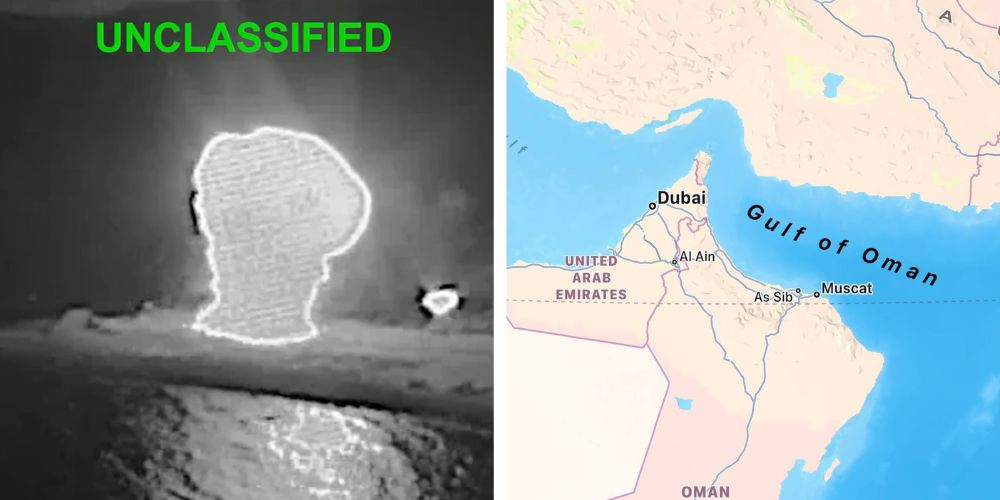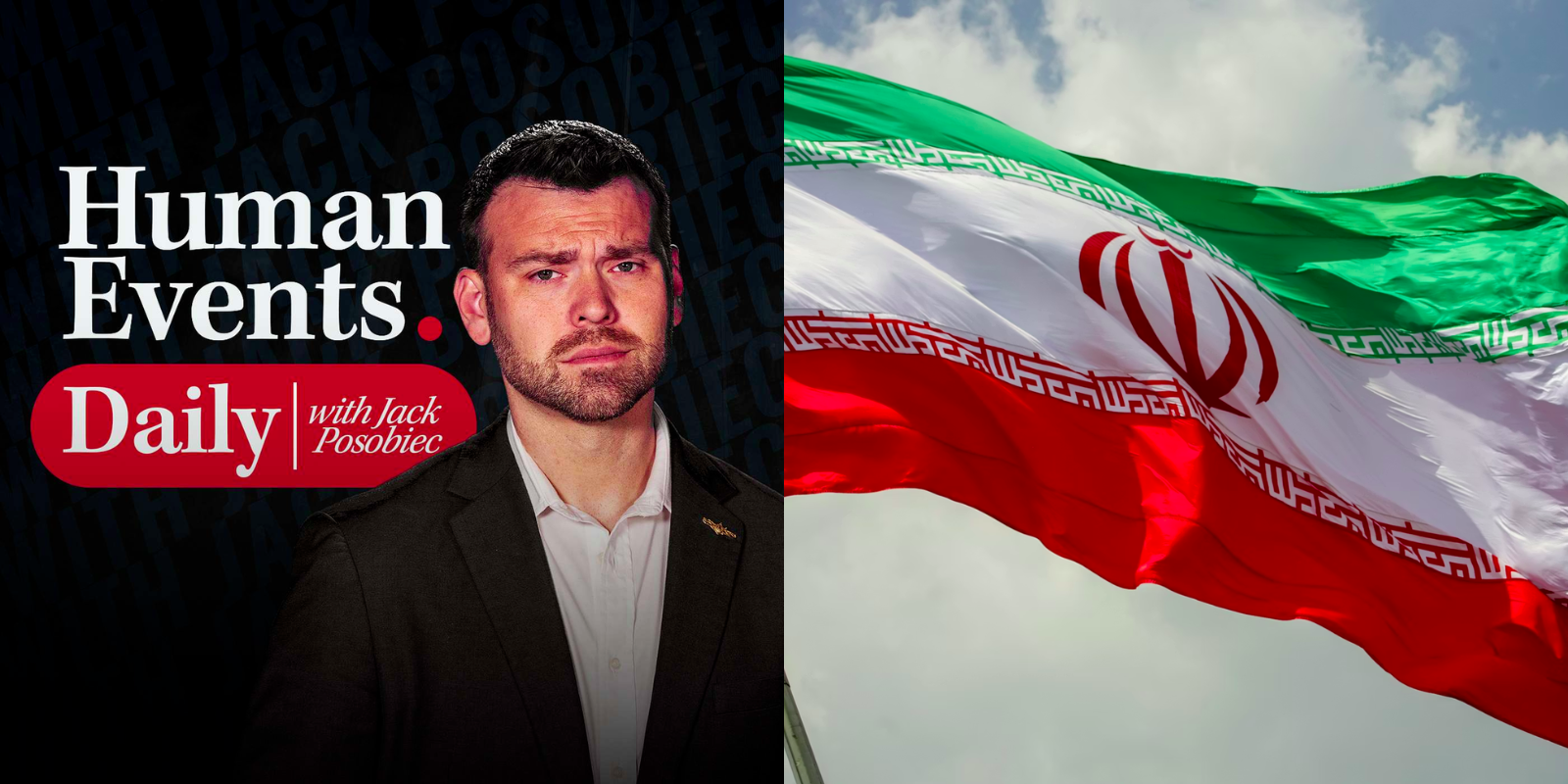But I do know that in this time when the world is at war with all people of faith, it brings me great sadness that these two men of God seem to be at odds with each other. And it seems to me that there is a Jewish teaching that pre-dates them both that might be helpful to remember.
Having spent a little time with him, I can vouch that Bishop Strickland is a man of deep faith. While he and I may personally disagree on many theological points, I have no question that he is devout. His prayer at Dodger Stadium was the expression of a man steeped in his tradition and whose faith in God is strong. Additionally, I have personal admiration for his courage to stand for his beliefs. While other Catholic clergy were noticeably silent about the travesty of the Dodgers honoring a group that was anti-religion, Strickland took a stand for all people of faith, even though it made him unpopular with his colleagues.
As the Rabbi for the one synagogue in California that didn’t close during the pandemic, I also appreciate his courage in standing against the fear mongering that was so prevalent in that time that was so challenging nationally and globally. He supported the discernment and choices of individuals; and I have every confidence that the Bishop follows his heart and faith in his own life, and is a man of personal integrity.
Francis is also to be commended for his deep faith and belief. Like the founder of his Order, St. Ignatius, Francis committed himself to God after a life threatening health crisis. As an Archbishop and later as Cardinal in Argentina, he was known (including by Rabbis in Argentina that I know) as a humble man dedicated to service of others. As Pope, he has seemingly kept that humility and is the first Pope in over 100 years to reside not in the Apostolic Palace, but in the Vatican guest house so that he can receive visitors and hold meetings. From his first Easter homily in 2013, he has been a passionate advocate for peace; has continually worked for meaningful inter-faith dialogue.
So why are these two great men of faith apparently at odds? As importantly, is there a way for them to come together in faith and demonstrate to the world that people of faith can disagree without being disagreeable.
From all reports, there are issues between them stemming from different theological understandings and interpretations of their faith. As a result, Bishop Strickland has been investigated, and may be asked to resign his position.
This is where an important ancient Jewish teaching may be able to help these two great men, and bring healing to our Catholic brothers and sisters so that the Church itself can be stronger, healed, and more unified in a time when all religious people are being attacked on all fronts by the secular world.
The Talmud, one of the sacred texts of Judaism that is nearly 2000 years old, had a beautiful teaching: “these words and these words are both words of the living God” (Eruvin 13b:11). The concept is that since God is infinite, we need theological dialogue so that through the discussion we can begin to understand God’s intention. As it says elsewhere in the Talmud (Berakhot 58a:3): there are those who are blessed “because their minds are unlike each other and their faces are unlike each other”. Perhaps the most applicable example for Francis and Strickland is found in the dialogue between two ancient Sages, Rabbi Yochanan and Bar Lakisha after Lakisha died. Yochanan teaches us of the importance of conflicting theological opinions. “When I would say one thing to Bar Lakisha, he would challenge me with 24 objections, and I would answer him with 24 answers, which led to a fuller understanding of the law.” (Bava Metzia 84a:11-18).
This is the ancient teaching I implore both of these men of great faith to embrace.
I am unable to, and it is inappropriate for me to comment on Catholic theology. As a Jew, I should have no voice in Catholic decisions on faith or practices. But I do pray for these men to heal their relationship, and in so doing, bring healing to the Church and the world.
All people of faith are on the same side in this war on religion that we are all experiencing. I ask, hope, and pray that both men will choose to disagree with respect and caring. And there are no words that can express how much I hope, for the sake of all religious people, that both men come together in faith; recognizing that they don’t have to agree, but they also don’t have to be disagreeable.
Almost 2000 years ago, Rabbi Yochanan reminded us that it is through the dialogue that a fuller understanding of the law can be discovered. May Pope Francis and Bishop Strickland find this same truth.





